Penguin have recently issued a paperback edition of this anthology, which was originally published in 2017 under the title The White Chalk of Days. It’s a selection of Ukrainian texts in translation that were presented as part of a literature series in North America between 2008 and 2016.
There’s a lot I could talk about in this book: fifteen writers represented, and a variety of pieces. I’m going to pick out a few of my favourites to highlight.
‘Books We’ve Never Read’ by Marjana Savka (tr. Askold Melnyczuk). I love the imagery of this short poem. It gives me a strong sense of the world opening up to the speaker: “The roads turn like pages. Eyes reddened by wind. / Nothing now but the bookmark of the horizon.”
‘Genes’ by Andriy Bondar (tr. Vitaly Chernetsky). There’s a sarcastic tone to this poem (“should I explain to you what a laptop is?”) that I appreciated. It starts with Bondar commenting that his family has good genes (or so he’s been told, at least) before reflecting on how modern lifestyles may affect health. At the same time, he talks about people who think that what he writes isn’t really poetry. His conclusion that he writes the way he does because he has to, that the ideal can’t fit everyone.
FM Galicia by Taras Prokhasko (tr. Mark Andryczyk). A selection of vignettes that were originally read out live on the radio. There are some striking thoughts and turns of phrase here. For example, in one piece, Prokhasko reflects on the place of firewood in mountain life: “when you only come to the mountains occasionally, firewood is not treated as daily bread but as some kind of delicacy, as gourmet food, like a cordial.”
‘The Flowerbed in the Kilim’ by Yuri Vynnychuk (tr. Mark Andryczyk). The narrator of this story imagines what it might be like in the small house woven into a rug hanging on the wall. One day, impossibly, he is able to enter the scene, and finds himself taken back to his childhood, visiting his Grandma. This situation can’t last, and the effect is poignant.
Apricots of the Donbas by Lyuba Yakimchuk (tr. Svetlana Lavochkina with Michael N. Naydan). A cycle of poems about the centrality of coal to the poet’s native region. There’s some vivid imagery, as in ‘The Face of Coal’, whose speaker imagines their father affected by a life of mining: “His cheeks are like trenches / Chopped up by the pit”.
I didn’t know much about Ukrainian literature, so I’m glad to have read this. If you’re interested, I think there is a good chance you’ll find something to enjoy within these pages.
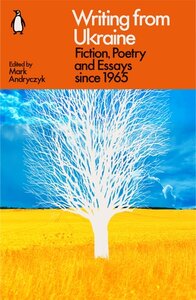


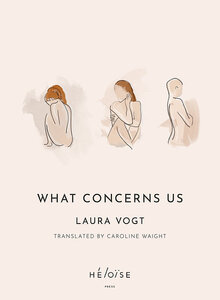
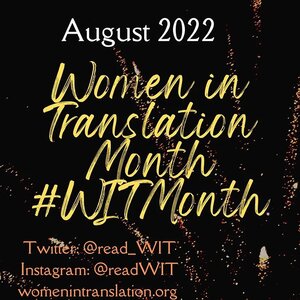
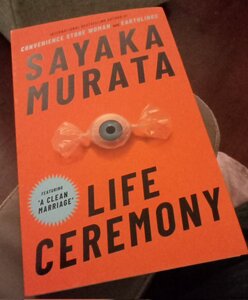

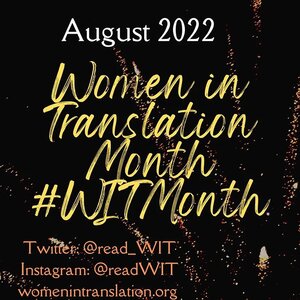
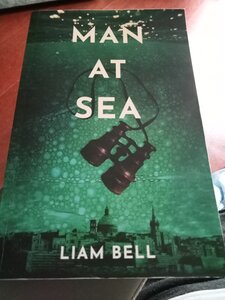

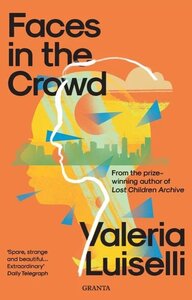

Recent Comments